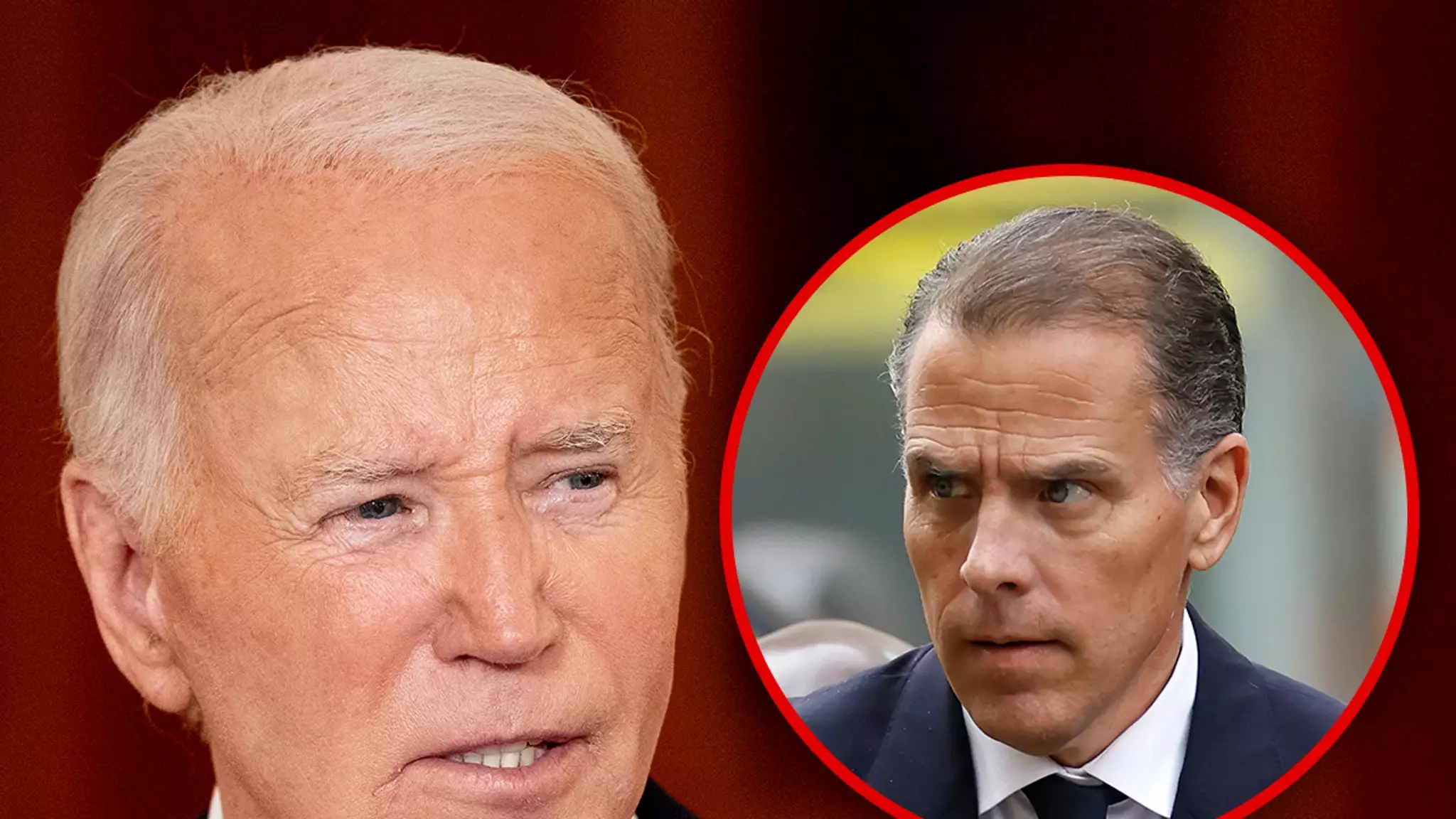The recent announcement from President Biden regarding the pardoning of his son, Hunter Biden, has sparked significant discussion. This move, which might appear spontaneous to the untrained eye, was anything but impulsive. According to internal sources, the decision had been in the making for over three months. This insight not only challenges the surface narrative of a father coming to his son’s aid in a moment of crisis but also invites a deeper examination of the intricate political and familial ties at play in such a high-profile case.
Background: Legal Troubles and Political Ramifications
Hunter Biden’s legal issues have been a source of intense scrutiny, particularly as they intersect with the political landscape surrounding his father’s presidency. Convicted on three gun-related charges in June, Hunter’s legal battles did not end there. A second trial loomed, this time focusing on nine tax-related allegations. Interestingly, sources indicate that Hunter and his legal counsel were optimistic about the outcome of that trial, suggesting a belief in their capability to secure an acquittal. This raises questions about the motivations behind his subsequent guilty plea in September, which has been interpreted by many as unexpected.
Despite the apparent strength of his case, Hunter chose to plead guilty. This decision now seems to have been made with an understanding that a presidential pardon would ultimately follow, a revelation that complicates the narrative that the legal proceedings were strictly about justice.
Presidential Perspectives: The Impact of Political Context
President Biden’s assertion that the legal system was being weaponized against his son highlights the potential for political bias in legal proceedings, especially when a case involves a figure from a prominent political family. In his public statements, Biden referenced the disparity in how similar cases had been treated, arguing that Hunter’s notoriety resulted in a harsher response from the justice system. This perspective raises broader concerns about the influence that political connections may have on judicial outcomes, which could resonate well beyond this particular case.
Biden’s earlier commitment not to pardon Hunter may have been genuine at the time, emphasizing his desire to uphold the integrity of the legal process. However, as circumstances evolved, the interplay between familial loyalty and the implications of his son’s legal challenges likely influenced the ultimate decision to offer a pardon.
The decision to pardon Hunter Biden illustrates the multifaceted implications of justice, politics, and family in America. As the president navigates these turbulent waters, the public will inevitably scrutinize not just the actions taken, but also the motivations behind them. This case serves as a unique lens through which to examine how personal and political narratives intertwine, inviting ongoing discussion about accountability, privilege, and the potential consequences of intertwining generational legacies with contemporary governance. As the landscape continues to evolve, the ramifications of this decision will likely be felt long into the future, shaping both Biden’s presidency and the Biden family’s public image.

